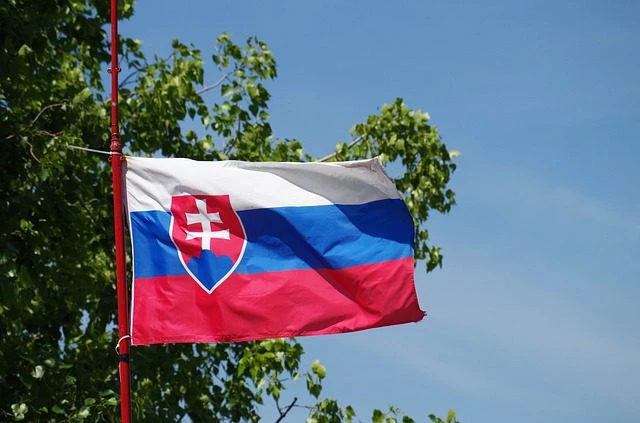Slovak regulator creates new whitelist for legal gaming sites

The authority has also historically maintained a similar public register for illegal websites.
Dávid Lenčéš, the authority general director, emphasised the inventiveness of grey and black market operators in a statement explaining the new feature.
“We prevent one illegal website from operating and another one is created immediately. The creativity of their operators has no limits,” said Lenčéš.
“They often try to motivate players with irresistible bonus offers, modern visuals, unlimited deposits and, in the case of foreign operators, the perfect Slovak language. If players do not check the mandatory details of the website, they may have no reason to suspect that it is illegal content operating outside our country.
“However, by playing on the illegal website, they are depriving themselves of the possibility of getting their winnings and their legal protection under the laws in force in the Slovak Republic,” Lenčéš added.
Lenčéš continued, explaining the risks that players take when they gamble with an unlicensed operator.
“In the section ‘legal websites’ we publish all licensed websites of licensed entities. This means that all others not included in this list are illegal. Illegal websites can deprive players of their stakes and winnings and are available to risk groups for whom gambling can pose mental health.
“With more easily obtained information about the legality of a website, we are pointing out the scope for playing online gambling games, which are under the control of the valid Slovak legislation.”
In order to qualify for a place on the list, legal websites must fulfil the obligations set forth by the country’s Gambling Act.
“We have tools that allow remote supervision. If we find any violations, there are sanctioning procedures, possibly even removal of the licence.”
The sanctions also apply to those who promote the illegal sites such as affiliates. The sanctions run from €50,000 (£43,000/$51,000) for an individual and up to €250,000 (£215,000/$255,000) for a group behind an AI promotion.
In June, the authority also launched an initiative to limit gambling advertisements in the Central European country.
